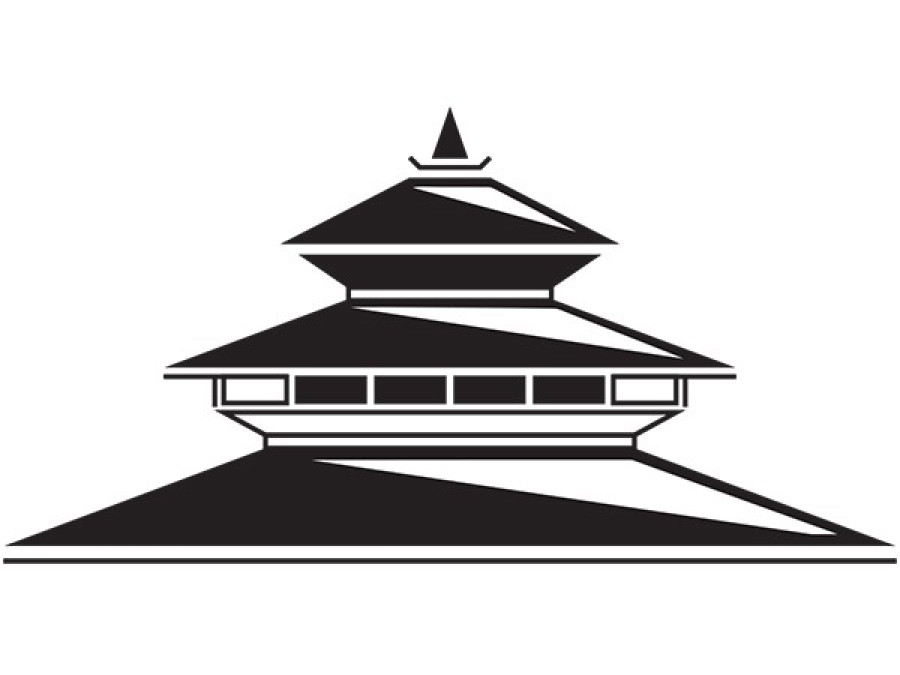Editorial
Standing in the way of control
The Peace and Security bill 2019, which was registered at the parliament secretariat by the Home Ministry last week, has vested powers upon the Chief District Officer (CDO) to stop any peaceful protest even before such a deliberation takes place It is now at the discretion of the CDO whether or not any mass gathering should be allowed to happen

The Peace and Security bill 2019, which was registered at the parliament secretariat by the Home Ministry last week, has vested powers upon the Chief District Officer (CDO) to stop any peaceful protest even before such a deliberation takes place. It is now at the discretion of the CDO whether or not any mass gathering should be allowed to happen.The laws are worded vaguely and now subjective understandings of what constitutes and disrupts peace and security of any place will determine whether citizens can exercise their constitutional right of expressing dissent. It cannot be overlooked that the ambiguity of the law can be leveraged for vested political purposes and interests.
Similarly, on July 2018, the government had issued a diktat to ban civil protests in certain spaces in Kathmandu and elsewhere. Protests are a means of political communication and public spaces are physical sites of democracy. Organised deliberations make us a part of the public sphere—social space in which opinions across the spectrum are expressed. In other words, it is that realm of political talk and action between state and society. Registering bills that stop thinking beings from expressing their dissatisfaction with the government is a sign of a cowardly and an oppressive state. Moreover, such an exercise in perceived authoritarianism will only hobble the legitimacy of democracy in the Nepali state.
In a democracy, the importance of dissent—a means for the ruled to keep a check on the rulers, cannot be overstated. But a democracy that lacks sites for binding collective decision making and also prohibits citizens from holding protests based on personal understanding of peace and security is no democracy at all. Why should the government or certain people holding public offices get to decide if any peaceful gathering will have negative implications on the so-called ‘peace and security’ of a certain place?
Democracy guarantees rights and freedoms and strives to give everyone a voice. But what happens when this is jeopardised? It gives rise to what Timothy Snyder has described a dangerous trend where the society will witness ‘obedience of the thoughtless and disorientation of the thoughtful.’ We cannot allow this to happen.
History is replete with examples where social changes have been brought about by continued acts of dissent and resistance. On our part, we have been progressive—be it when we overthrew Panchayat and ushered multi-party democracy, abolished the monarchy or those numerous times we took to the streets to vehemently challenge the status quo and secure our rights and freedom.
Protest is deeply woven into the country’s historical narrative; we have been able to come this far only because we, as citizens, gathered, protested, and strengthened representative democracy by ensuring direct participation in public affairs. The very leaders who have issued these actions against freedom of speech have forgotten the fact that their rise to power relied heavily on the importance of public protest. The more the government will try to curb our freedom, concentrated actions like rallies, sit-ins (or anything that involves acts of resistance) will only endure and grow.




 9.7°C Kathmandu
9.7°C Kathmandu














